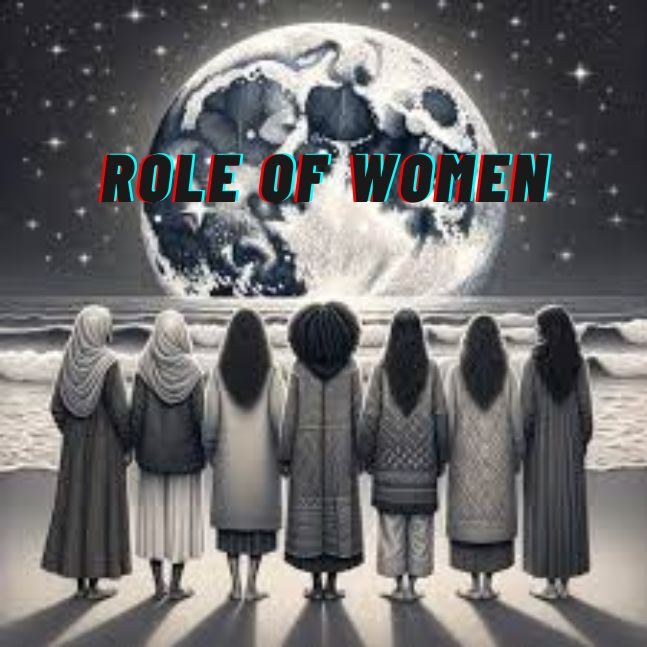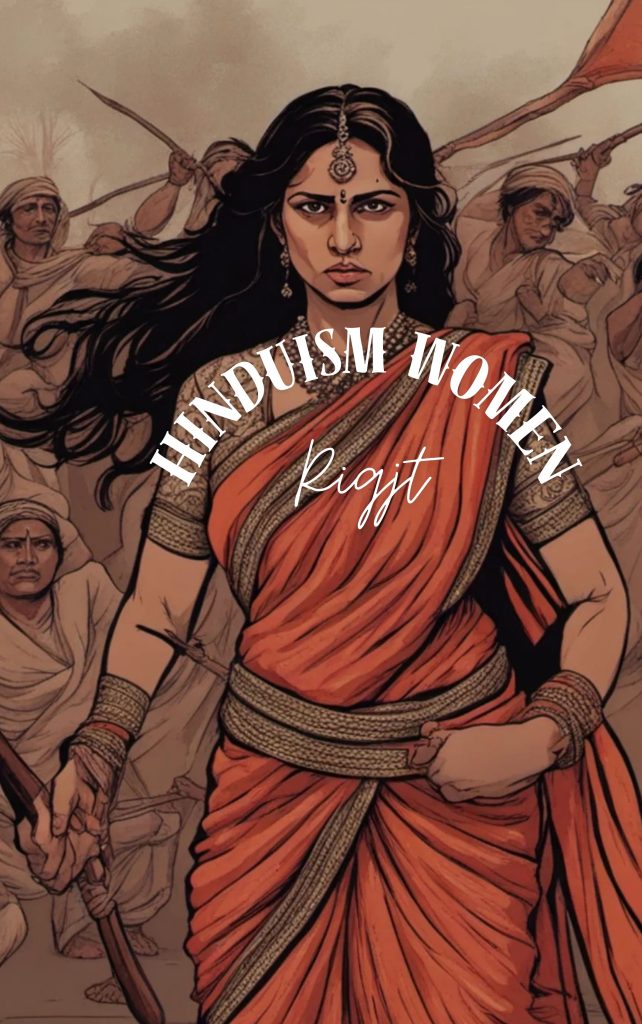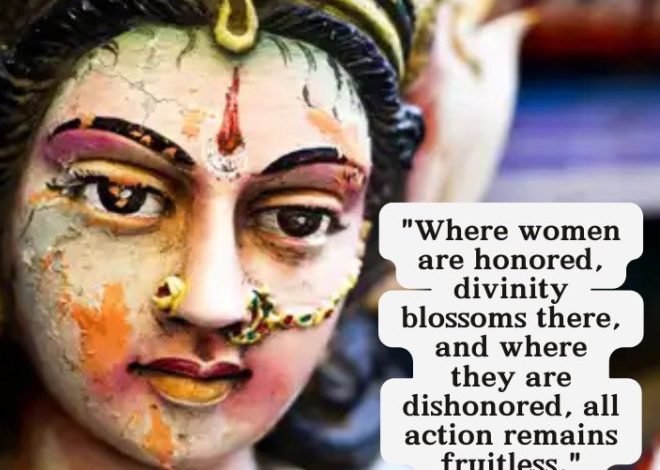
The Roles and Contributions of Women Across Different Religions
Starting content about women from different religions around the world can be both insightful and educational. In every corner of the world, religion shapes culture, identity, and values. Women, in particular, play pivotal roles within these religious frameworks, both as spiritual leaders and as followers. From ancient traditions to modern practices, their roles and experiences vary widely depending on cultural, historical, and theological contexts. This exploration seeks to celebrate the rich diversity of women in different religions, shedding light on their unique contributions, challenges, and evolving roles across major world faiths.

Women have played a vital role in Christianity since its earliest days. From Mary, the mother of Jesus, to key figures in the early Church, women have been central to the faith’s development. Throughout history, Christian women have served as leaders, martyrs, theologians, and reformers, despite often facing restrictions within religious hierarchies. In many denominations, women are active as pastors, missionaries, and community leaders, while in others, they may hold more traditional roles focused on family and nurturing spiritual growth. The diversity within Christianity, from Catholicism and Orthodoxy to Protestant denominations, means that women’s roles and experiences vary greatly. Yet, across these branches, Christian women are known for their strong faith, contributions to charity, education, and social justice, as well as their ongoing advocacy for greater gender equality within the Church. Their influence continues to shape modern Christian practice, balancing tradition with calls for reform and inclusion.

Women in Islam hold a prominent place, both historically and spiritually, with the Qur’an and Hadith offering numerous examples of their significance. Figures like Khadijah, the Prophet Muhammad (PBUH) wife, and Aisha, a renowned scholar, demonstrate women’s influential roles in early Islamic history. Islam recognizes the equality of men and women in their spiritual obligations, with women serving as key contributors to family, education, and community life. Muslim women have actively engaged in areas such as politics, education, and social reform, advocating for rights within both Islamic frameworks and broader societal contexts. Today, they continue to shape discussions on gender, faith, and justice, balancing religious devotion with calls for progress and equality in the modern world.

Women have been integral to Jewish life and tradition since biblical times, with figures like Sarah, Miriam, and Esther shaping the spiritual and historical narrative of Judaism. Jewish law (Halacha) acknowledges distinct roles for women and men, particularly in religious rituals and community life, but women have always been key in passing down the faith, fostering Jewish identity, and maintaining family and community bonds. Over time, the role of women in Judaism has evolved. In Orthodox communities, women’s roles often center on family and education, while in more progressive branches, like Reform and Conservative Judaism, women can serve as rabbis, cantors, and leaders in religious and communal life.

Women in Hinduism hold complex and diverse roles, shaped by religious texts, cultural practices, and evolving societal norms. Ancient scriptures, such as the Vedas, highlight the spiritual equality of men and women, with female deities like Saraswati, Lakshmi, and Durga revered as embodiments of knowledge, prosperity, and power. Historically, Hindu women have been seen as vital to family and societal structures, especially in nurturing dharma (righteousness) within the home. However, the roles of Hindu women have varied across time and regions. While some traditions emphasize their role as wives and mothers, others celebrate female saints, scholars, and spiritual leaders. Today, Hindu women actively engage in religious rituals, education, and social movements, challenging patriarchal norms and advocating for greater equality. In modern times, Hindu women balance traditional values with contemporary aspirations, contributing to religious and cultural life while pushing for progress in gender rights within both religious and secular spheres.

Conclusion: In every religion, women’s contributions are vital to both spiritual and societal growth. Whether as leaders, nurturers, or advocates, they have played diverse roles shaped by tradition, culture, and evolving societal norms. While the challenges they face vary across faiths, women in Christianity, Islam, Hinduism, Judaism, and other religions continue to influence their communities with resilience, faith, and a desire for greater equality.















